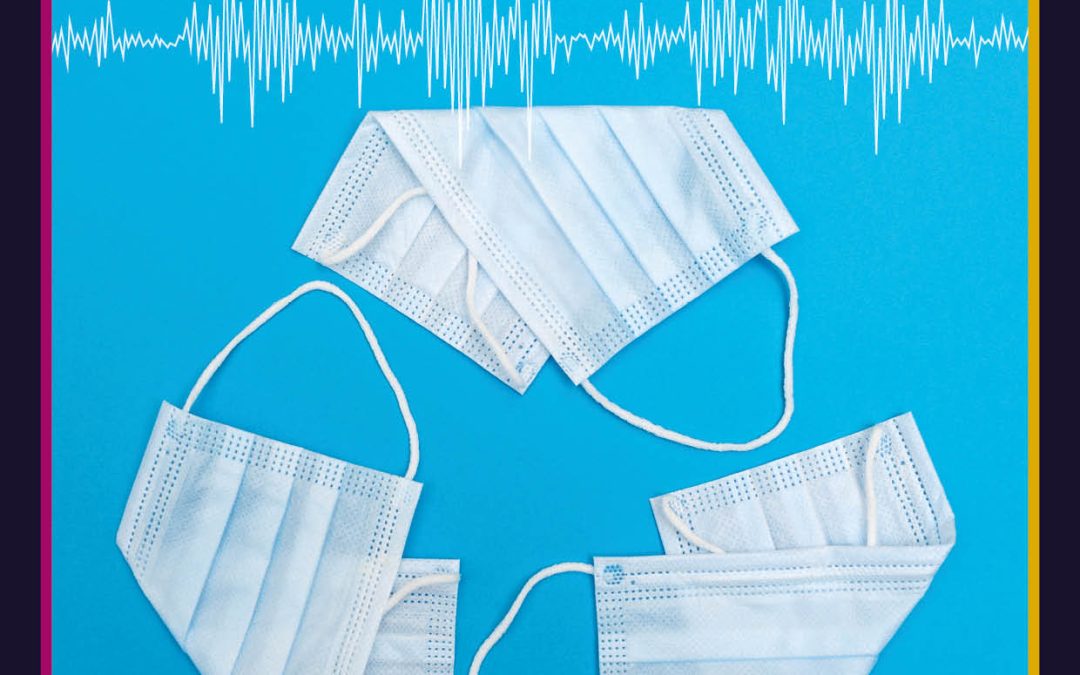
by admin | Jun 23, 2022 | engineering and tech, physical sciences, trending
Since the beginning of the COVID-19 pandemic, billions of plastic facemasks have been used and disposed of, with the majority destined for landfill. Professor Andrew R. Barron and his team at the Energy Safety Research Institute in Swansea, Wales, have developed an innovative method for repurposing these used facemasks. By transforming them into a powdered material that acts as a reducing agent, Professor Barron’s team aim to make the steel-making process more energy-efficient and sustainable.
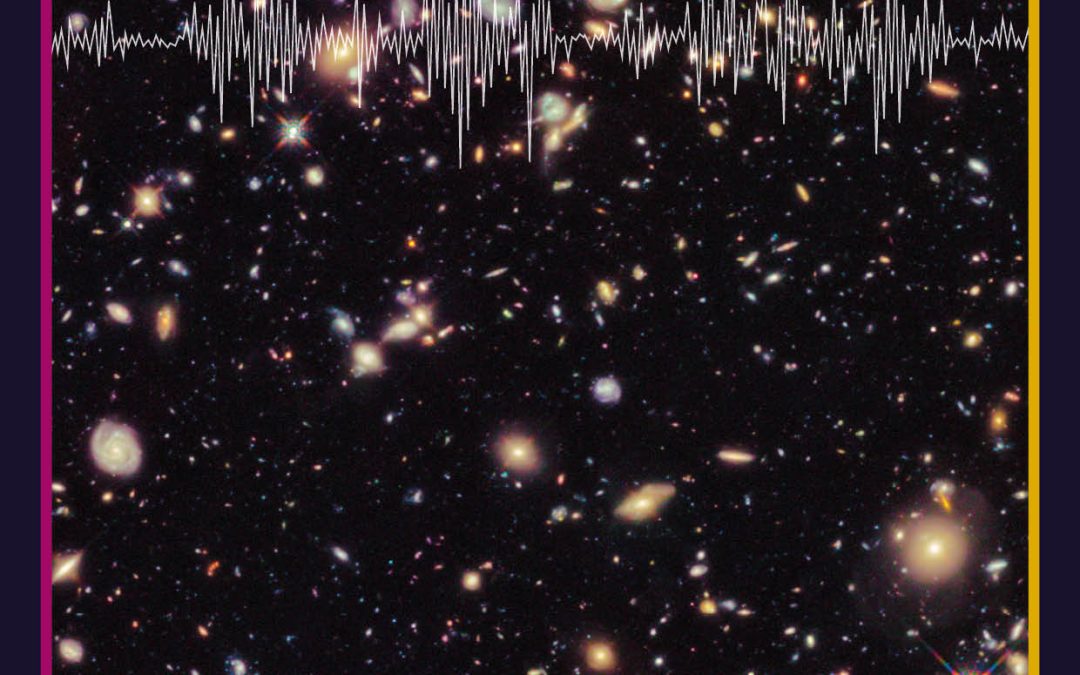
by admin | Jun 22, 2022 | engineering and tech, physical sciences, trending
Wide-area scans of the sky are an important tool for astronomers as they seek to learn more about the universe. However, as the latest observation techniques have become increasingly sensitive, faint objects within these surveys can appear to blend together. Through his research, Dr Peter Melchior at Princeton University presents a computer-based framework for disentangling these blended sources, and for artificially reconstructing the components they contain. Named SCARLET, the technique could soon help astronomers to study the depths of the observable universe in unprecedented levels of detail.
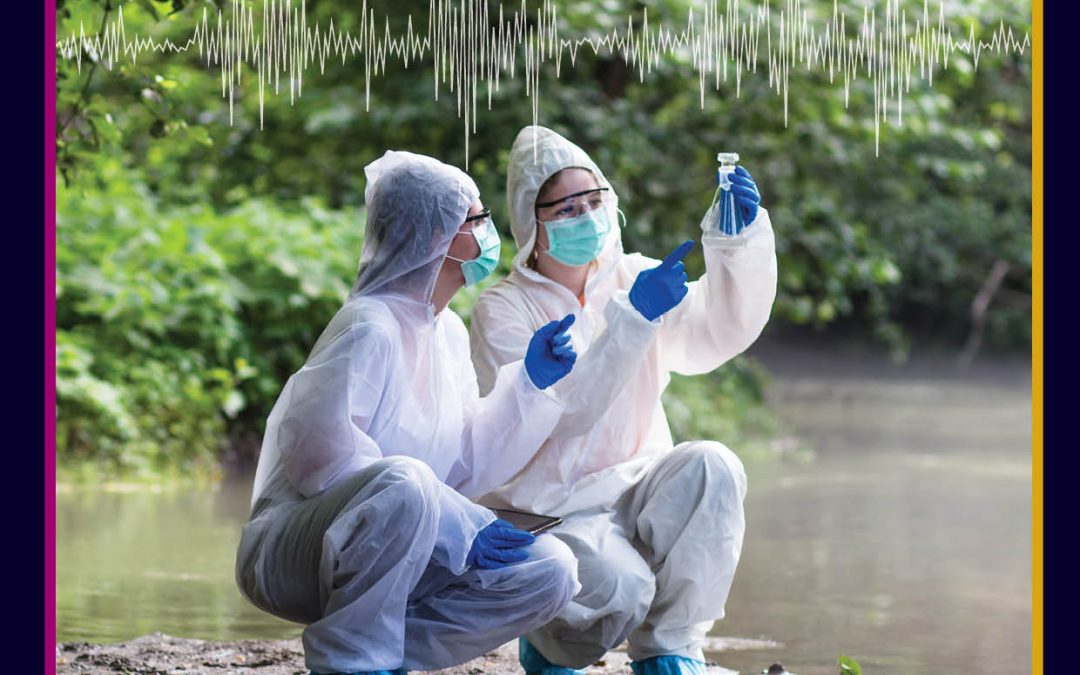
by admin | Jun 1, 2022 | physical sciences
From its early days, the field of chemistry has been exploring nature at the molecular level. As such, chemistry is also used to explore natural resources and possible ways of exploiting them. As Earth’s environment is now rapidly deteriorating, chemists need to adapt their practices with the aim of contributing to its protection. Dr Surjani Wonorahardjo, Dr Suharti Suharti and Dr I Wayan Dasna, three researchers in Indonesia, have recently conducted a study exploring the ethical and environmental issues associated with current chemistry practices, in the hope to inspire reflection and positive change in the field.
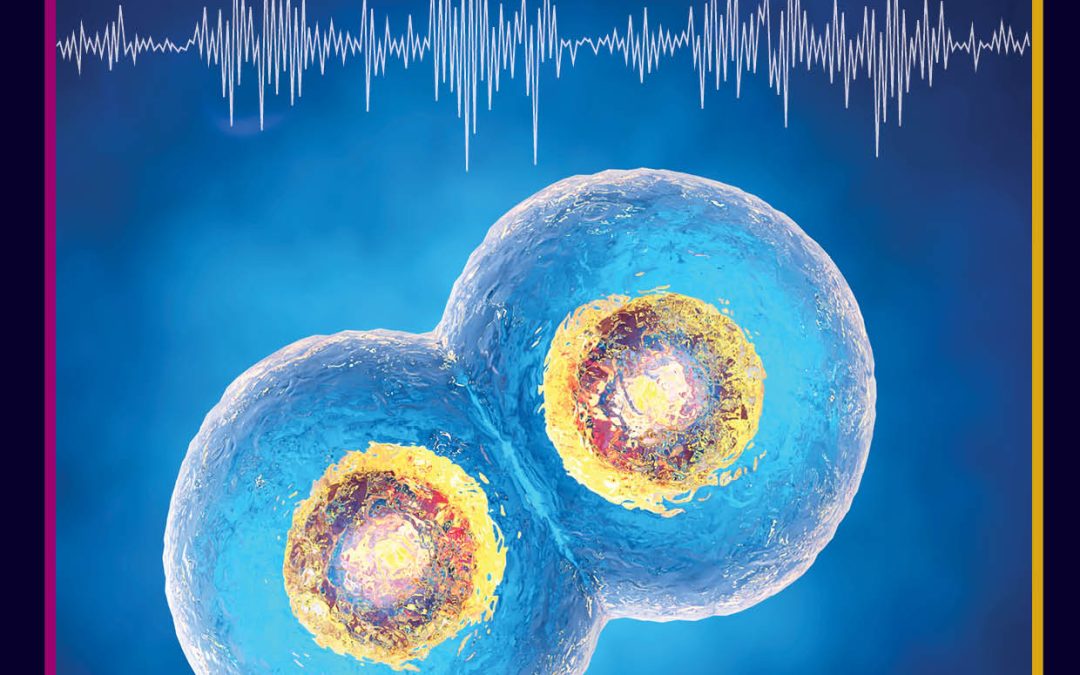
by admin | May 25, 2022 | biology, physical sciences, trending
Energy is vital for life. It allows important functions to occur in living systems, from the molecular level to the scale of the whole organism. Dr Helen Greenwood Hansma, from the University of California in Santa Barbara, believes that the types of energy used in living cells can provide clues to help us understand the origins of life. In her recent research, she explores how mechanical energy could have driven the processes that gave rise to early life in the absence of chemical energy.
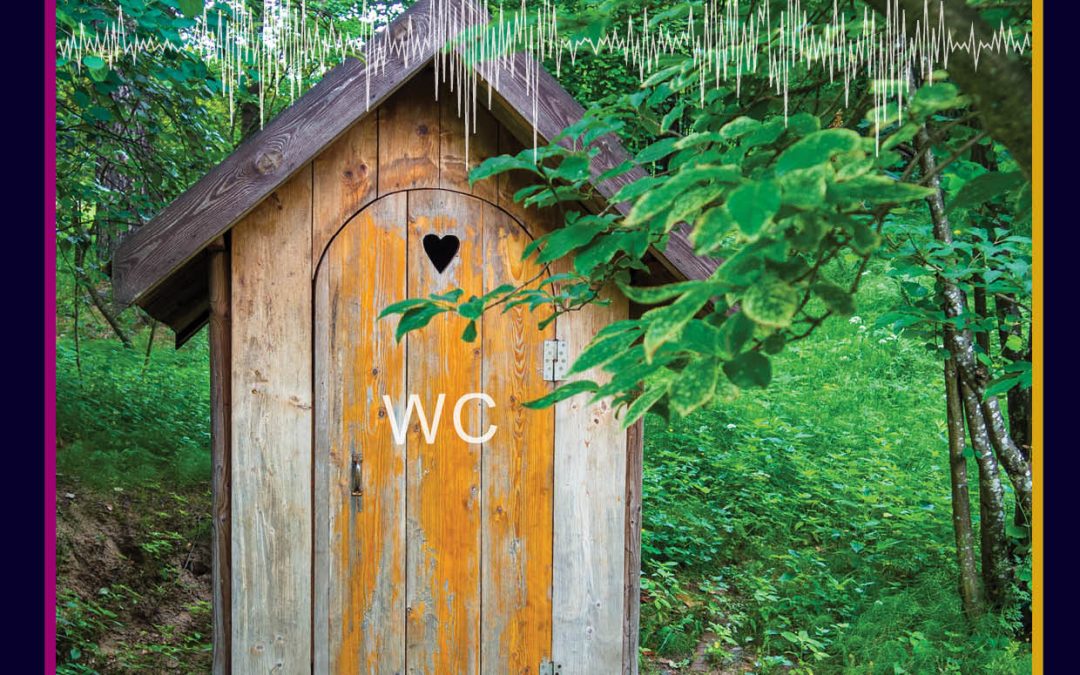
by admin | May 6, 2022 | physical sciences, trending
Faecal sludge, a material derived from human waste, can be difficult to dispose of and causes significant disease and pollution worldwide. However, it also shows potential as a fuel, fertiliser and even a building material, if properly treated. Dr Santiago [san-tee-ah-go] Septien [sep-tee-uhn] Stringel and his team at the WASH R&D [wash R and D] Centre of the University of KwaZulu-Natal [kwah-zoo-loo-nay-taal], in Durban, South Africa, have been investigating the process for drying faecal sludge, towards developing new ways of transforming it into sustainable products.
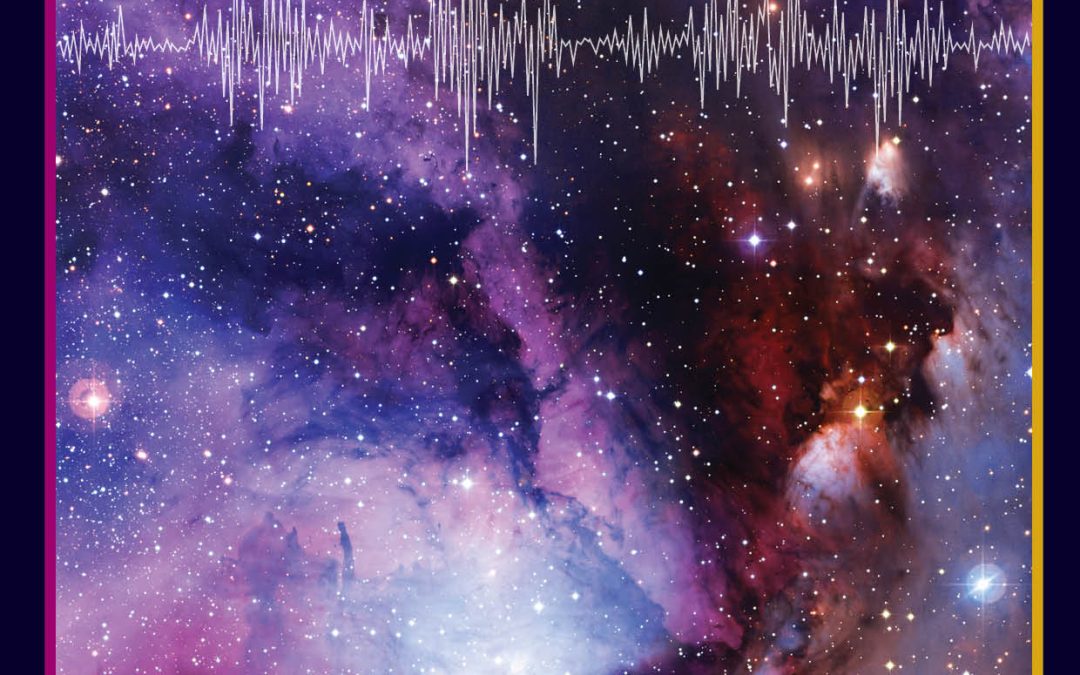
by admin | May 4, 2022 | physical sciences, physical sciences animated, research animated
Over the past few decades, astronomers have learnt more and more about the planets, moons, and asteroids of our Solar System – but we still have much to learn about the materials they are made from. For hundreds of years, we have used chemistry to study such materials on Earth, but there is no guarantee that they will behave in the same way in space – where they can exist in environments ranging from harsh, airless vacuums, to strange and exotic atmospheres.
Page 3 of 18«12345...10...»Last »






